How a fishing community in Dorset makes a difference to sustainability
Lyme Regis
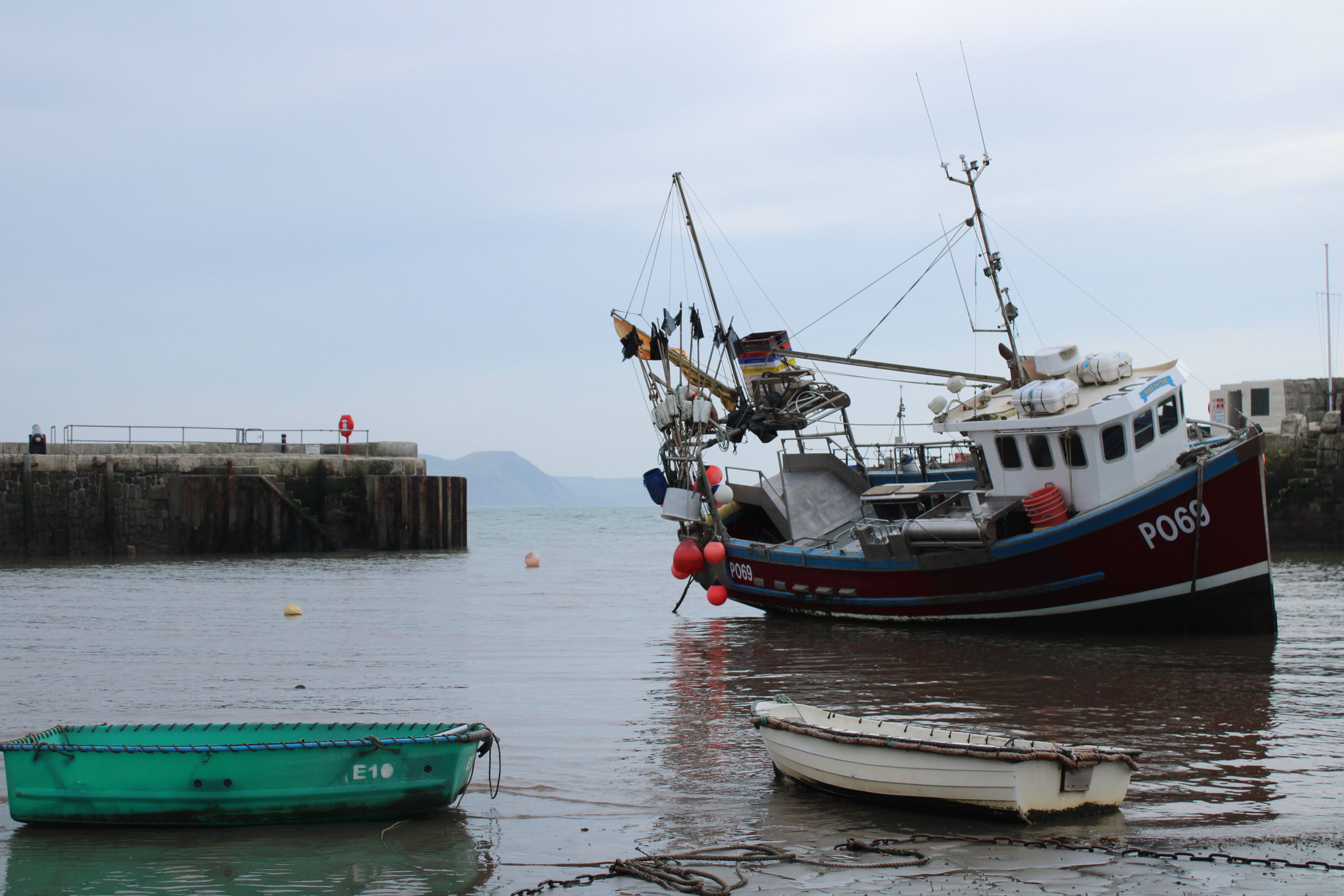
Sitting on the Jurassic Coast World Heritage site in Dorset, Lyme Regis boasts a profound and intricate fishing community.
On arrival into Lyme Regis, you're immediately greeted to dramatic views of the gargantuan cliffs along the Jurassic Coast. On a clear day, the eagle-eyed among you may even be able to see as far as West Bay.
As well as ancient fossils like trilobites and ammonites, the UNESCO-listed area is home to around 4,805 people, a relatively small town by UK standards.
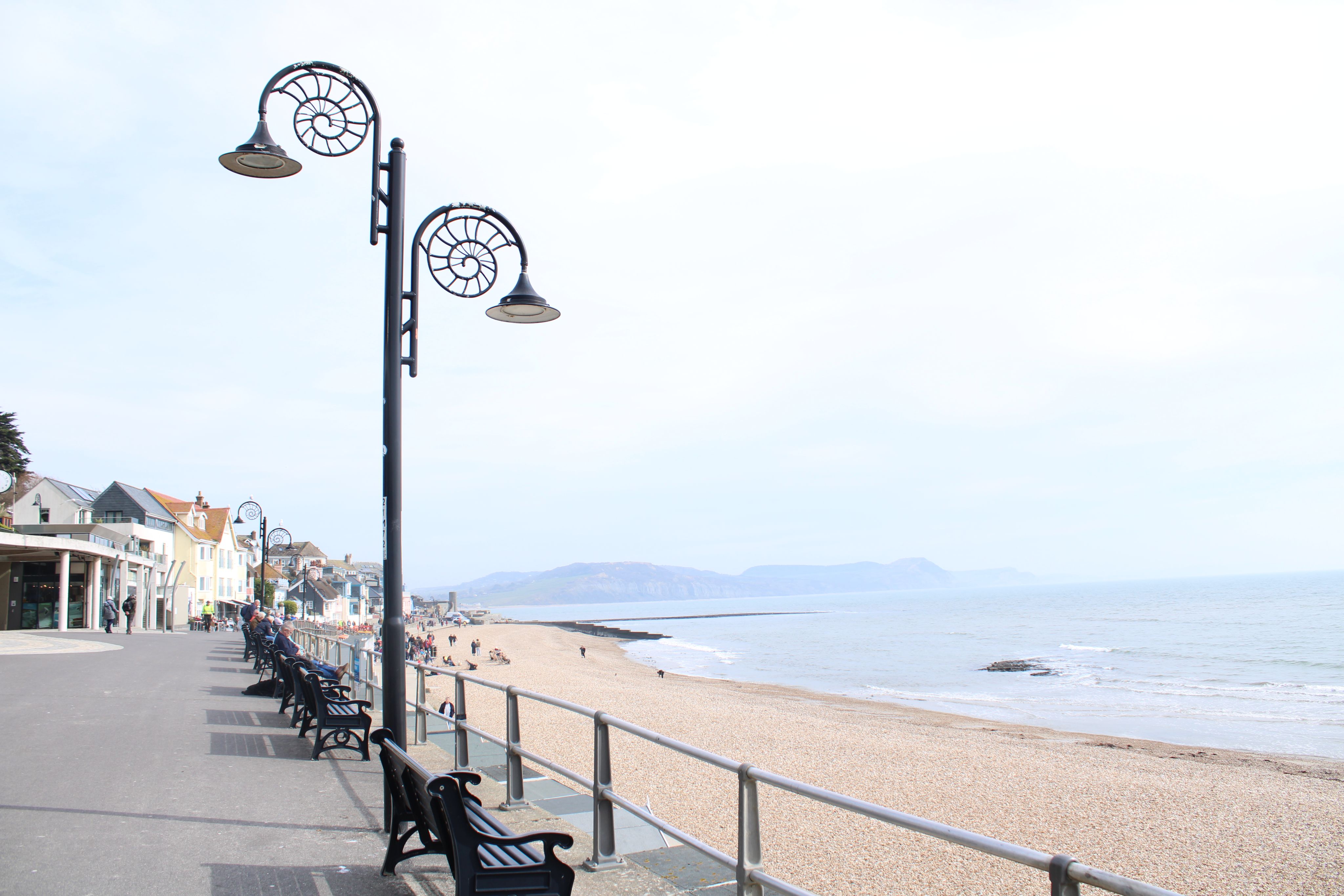
Although it's quiet, population-wise, Lyme Regis is a bustling tourist hub, thanks in part to the natural beauty and wealth of fossils, but also due to its fantastic fishing community.
Within The Cobb, a 13th century-built stone pier that forms a secluded harbour, fishing boats lie in wait, ready to be used for commercial fishing or the many excursions offered to tourists by local fishermen.
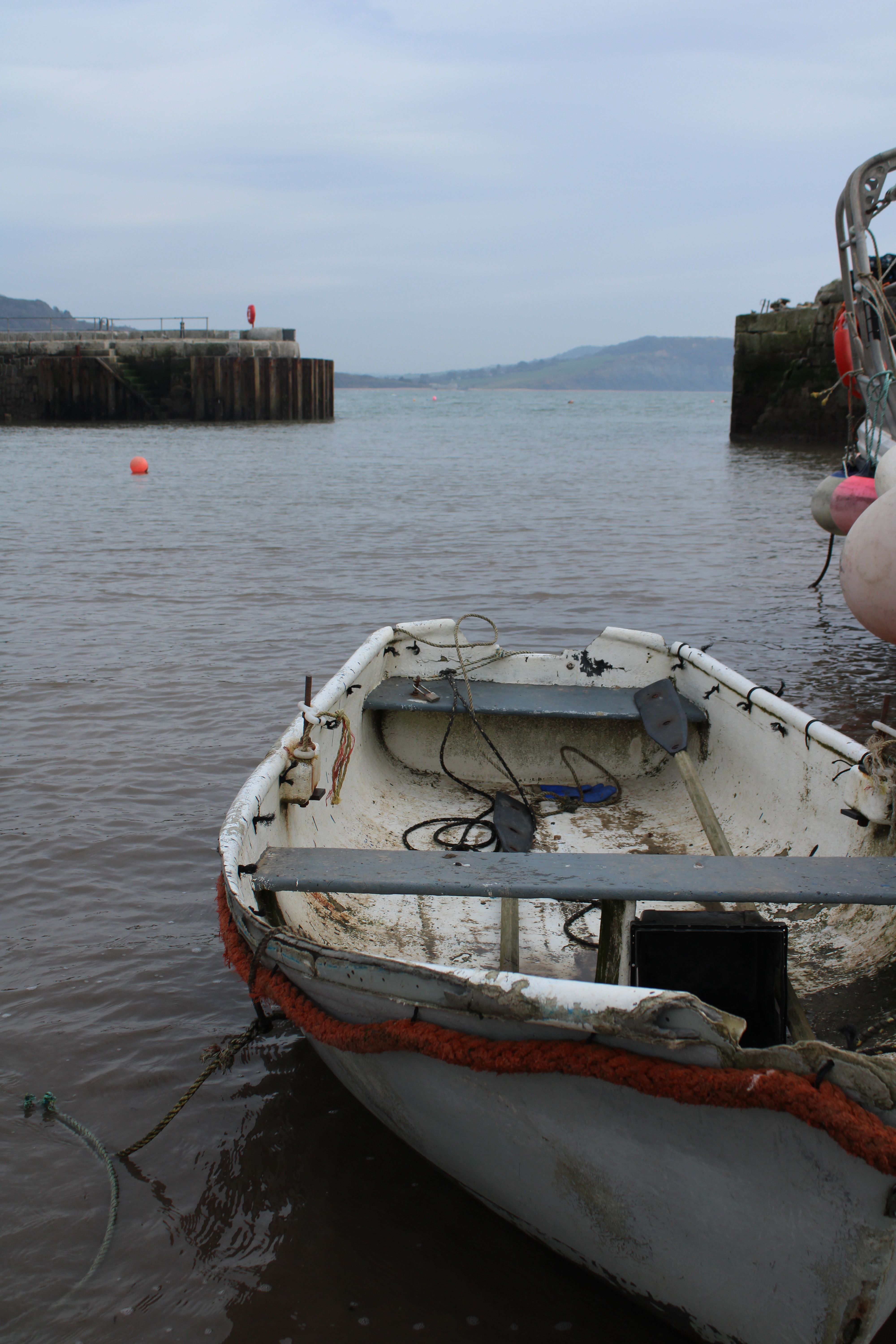
As the way we fish changes, local fishing communities like Lyme Regis can be left in the wake of more industrial-focussed fishing; both literally and metaphorically.
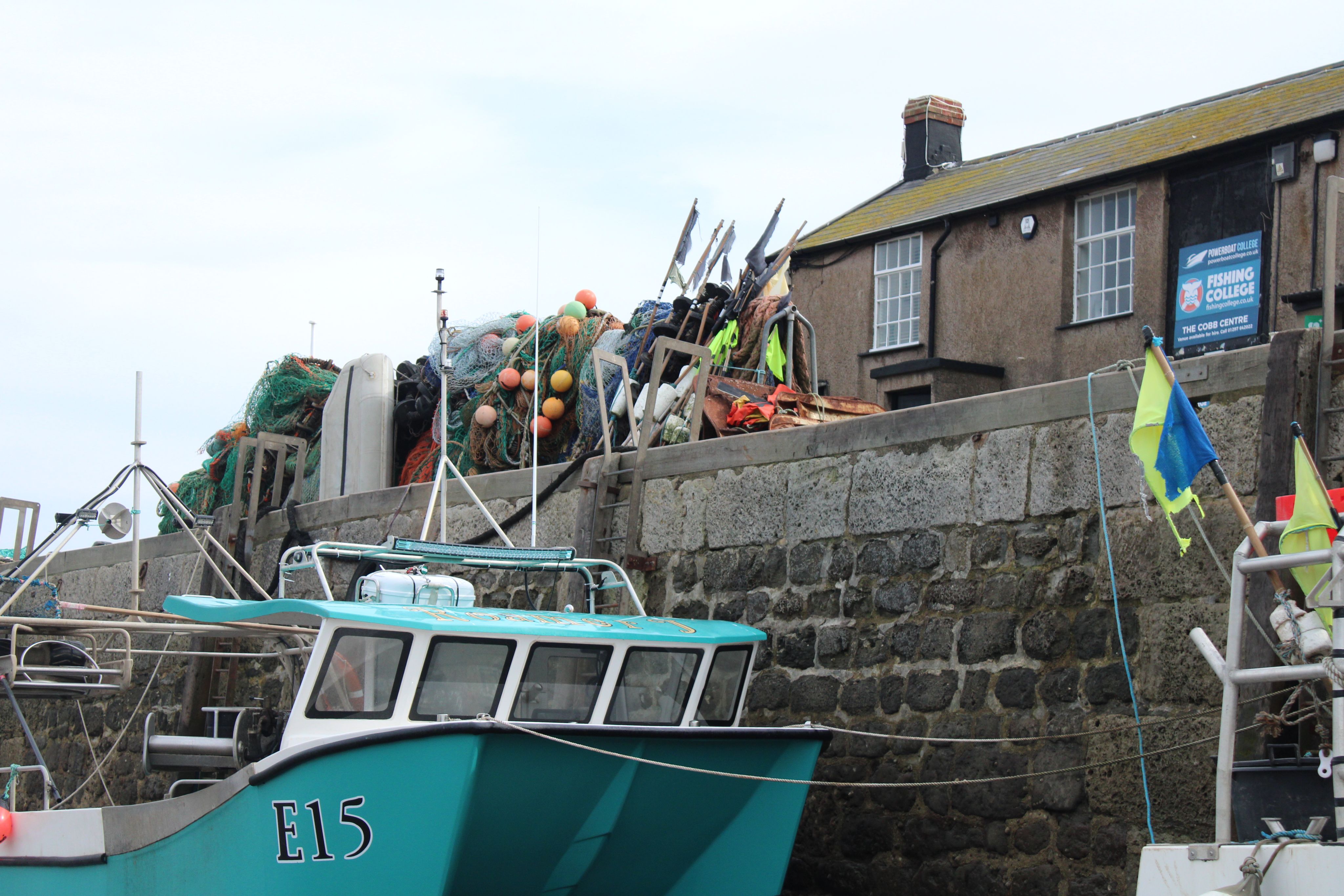
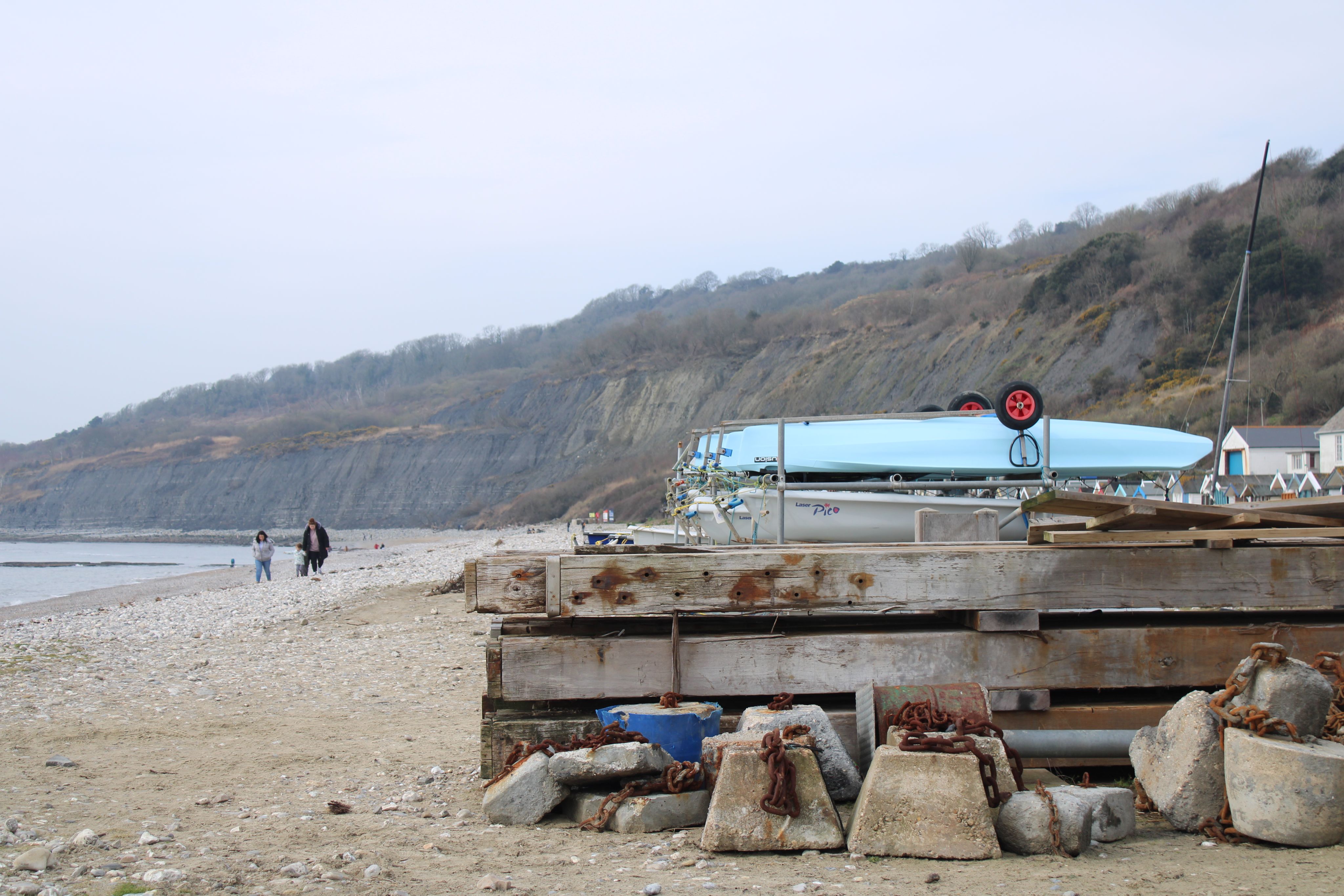
One such fisherman is Rob King. Rob first took to the sea 7 years ago and now, using his boat the Blue Turtle and a charter boat, he is involved in both commercial fishing and angling/diving trips for tourists.
Rob claims that trawling, a large-scale method of fishing where fishing nets are pulled behind a boat, can have a decidedly negative effect on local fishing.
"Trawlers tow for a couple of hours at relatively low speed, sometimes even at night. If you're putting static nets in an area trawlers are operating in, they can go through your gear and drag it. You lose your nets and end up ghost fishing. This is when you have irretrievable discarded fishing gear at the bottom of the sea that's still catching fish. The trawlers don't do it deliberately, but unfortunately it's a part of things in this area".
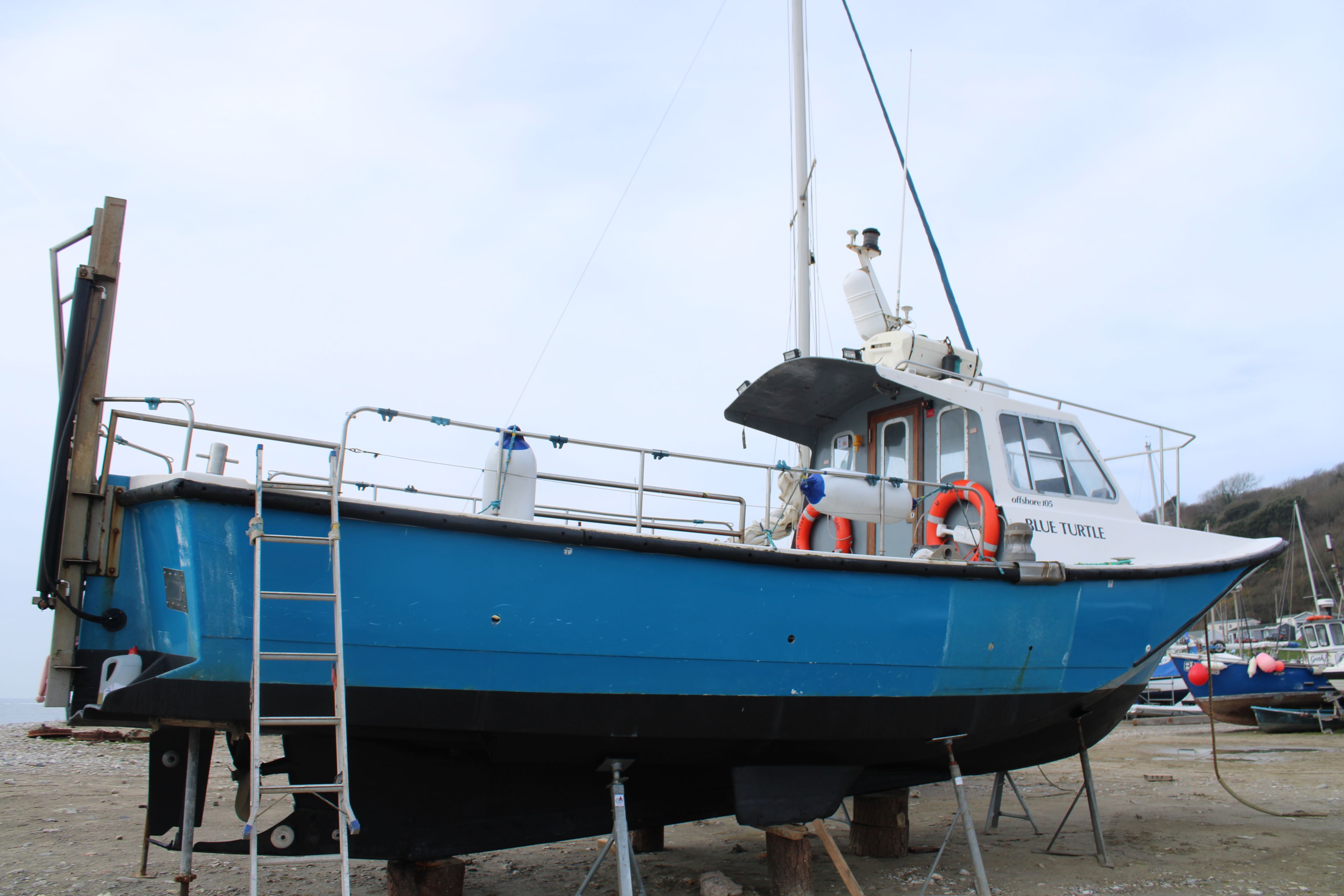
A large portion of Rob's catch goes to local restaurants, most regularly The Harbour Inn and Hixey's fish. But, due to the impact of larger fishing operations that supply bigger businesses such as supermarkets, some fishermen have had to change their focus from fish such as cod and hake that are popular in England, to more internationally demanded catches.
Take, for example, whelks, a type of sea snail found on the sea floor. These bottom-feeding molluscs are enjoyed more across east asia. In Japan, ツブ, 螺(tsubu) are used in sushi and sashimi dishes. In Korea, 골뱅이 무침 (golbaengi-muchim), a dish consisting of whelks and cold noodles, is enjoyed by many. In Lyme Regis, a company comes to collect whelks from Rob and other fisherman, where they are then processed in Exmouth and sent to South Korea and Japan.
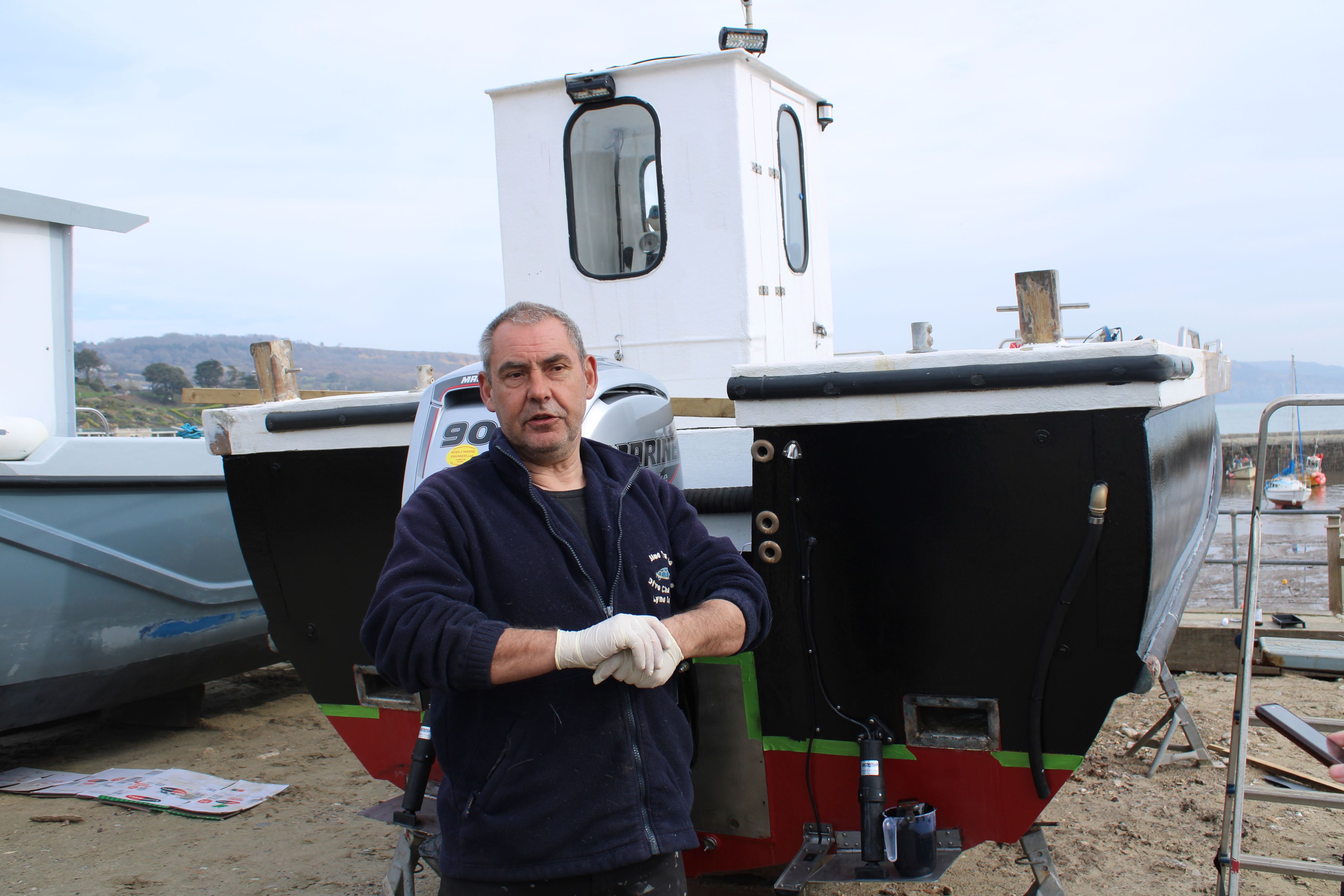
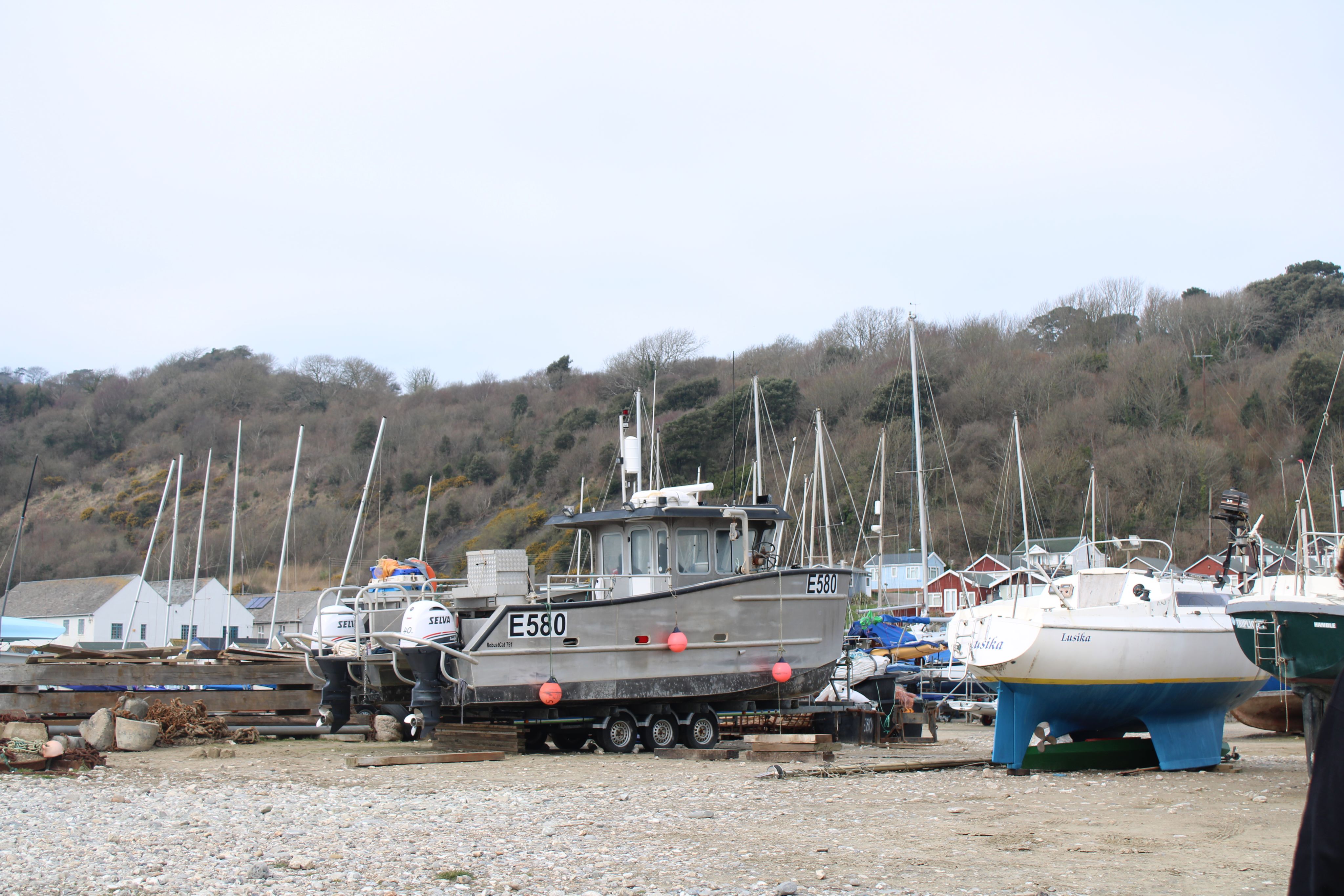
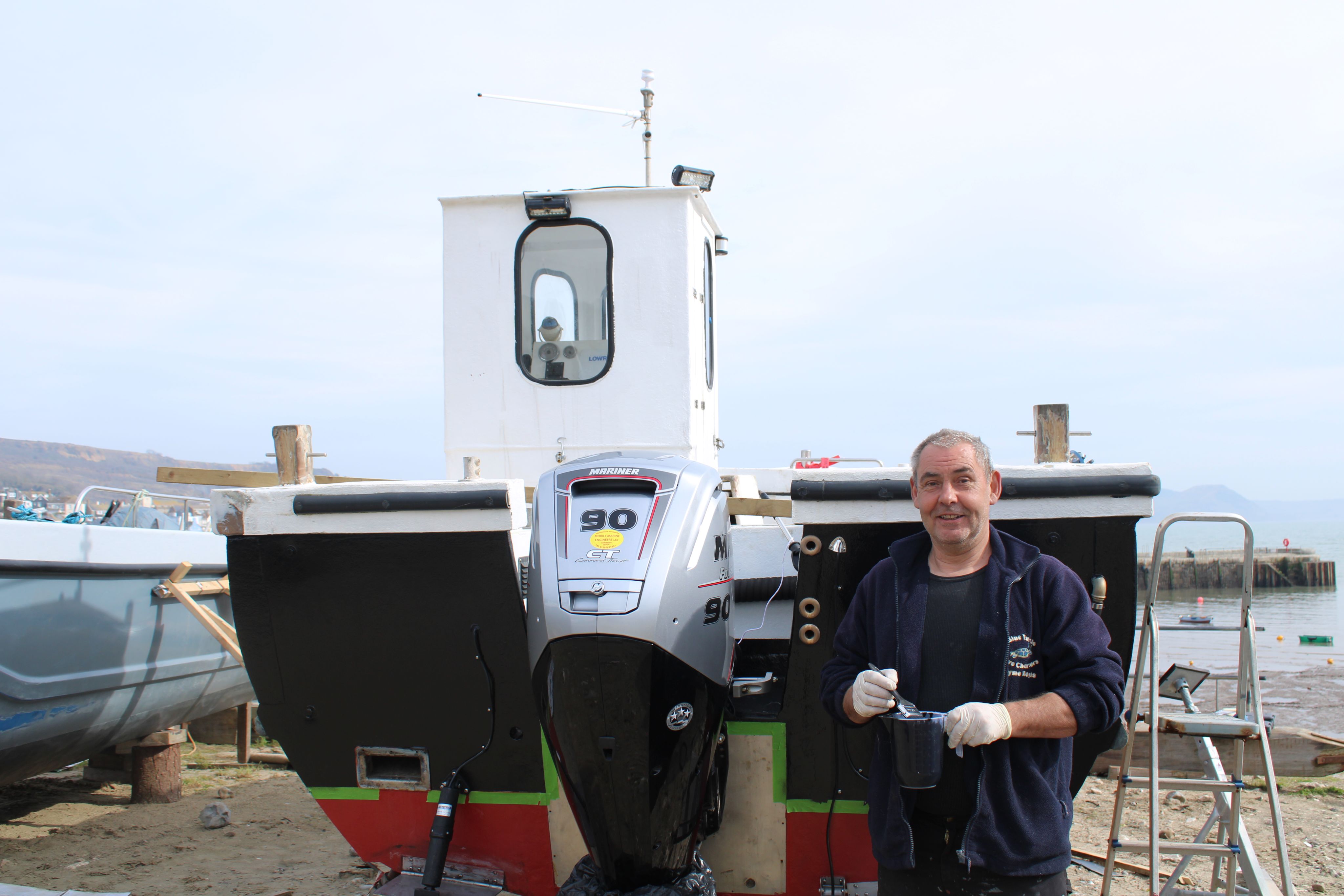
Also affected by industrial fishing and trawling are fishmongers such as Dan, who owns and runs Lyme Regis based The Wet Fish Shop.
Offering a brilliant variety of fresh fish from live lobsters to whole hakes, Dan has recently had to search further afield in order to keep up with supermarkets, obtaining most of his stock from Brixham fish market in Devon, whilst still sourcing some locally from fishermen like Rob.
He says that it can be frustrating keeping customers coming back to the shop when supermarkets are able to supply fish that is out of season, with Dan having access to in-season catches only. Even though supermarkets can offer a wider variety, The Wet Fish Shop argues that their quality trumps supermarkets' quantity.
"People don't understand that just because say, Tesco for example, have it, we can't get it. Certain fish are only in season in certain months, like summer. Tesco stockpile and freeze summer fish so they can sell it year-round. We're not buying frozen fish, though, for us it needs to be fresh."
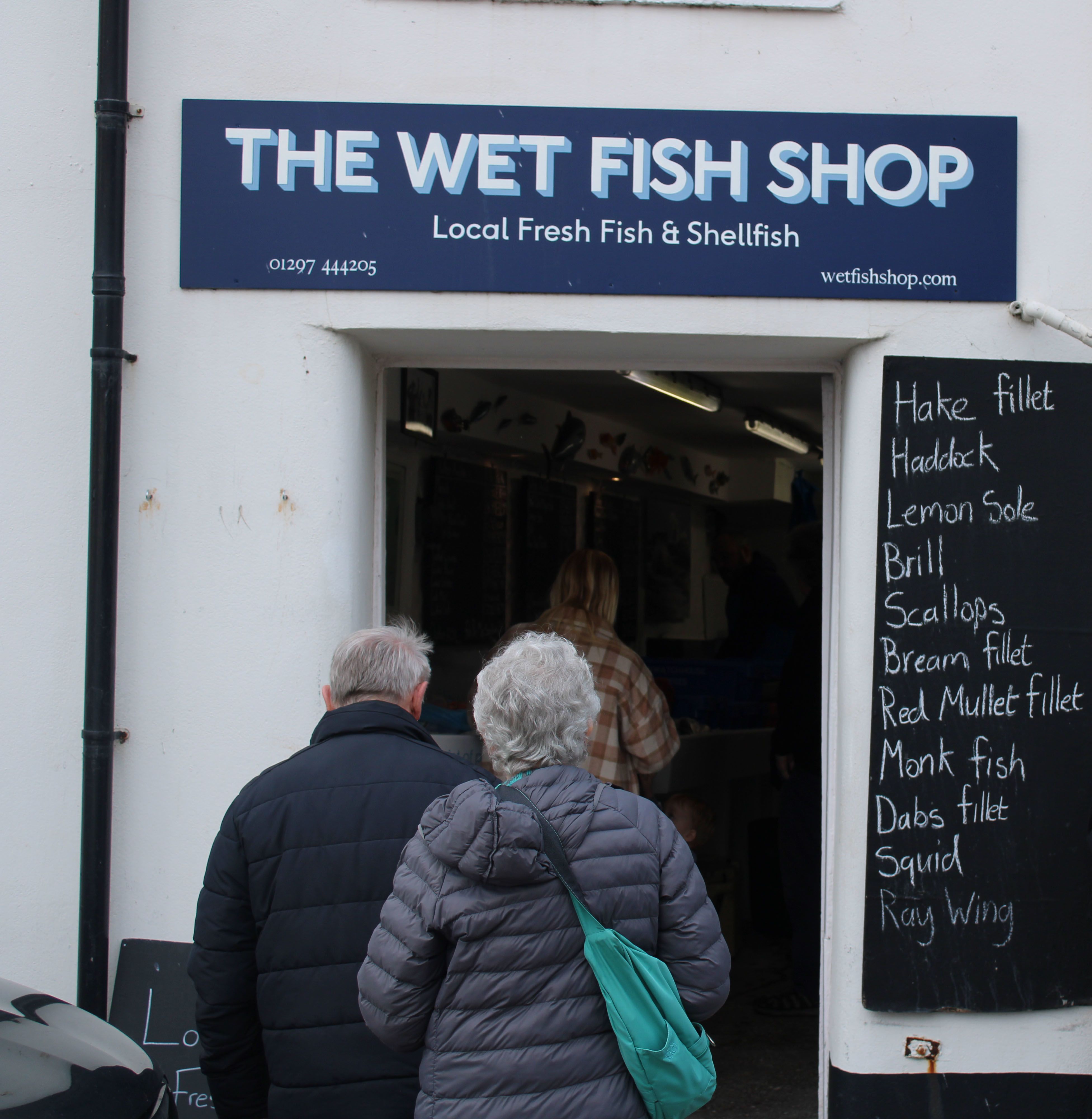
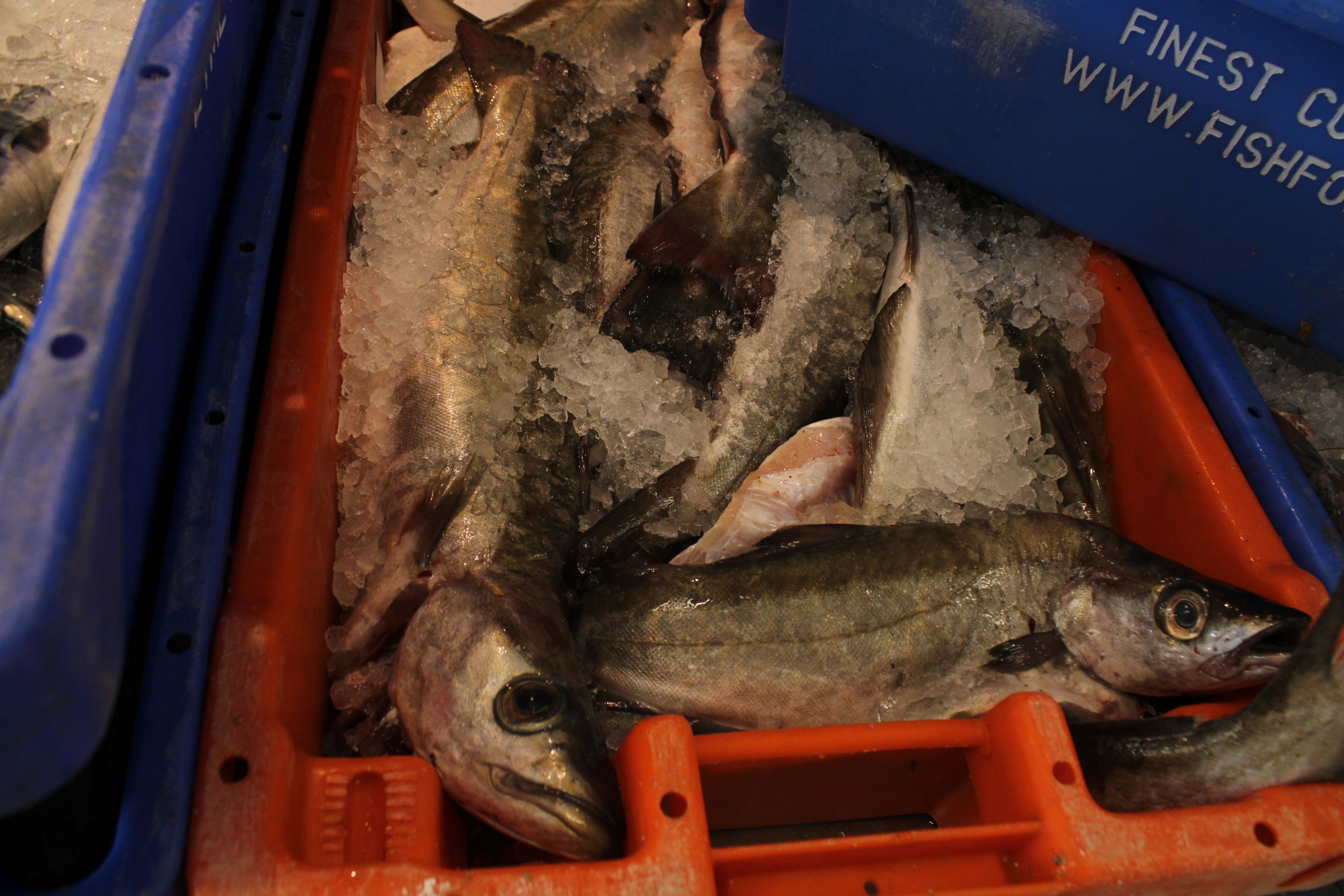
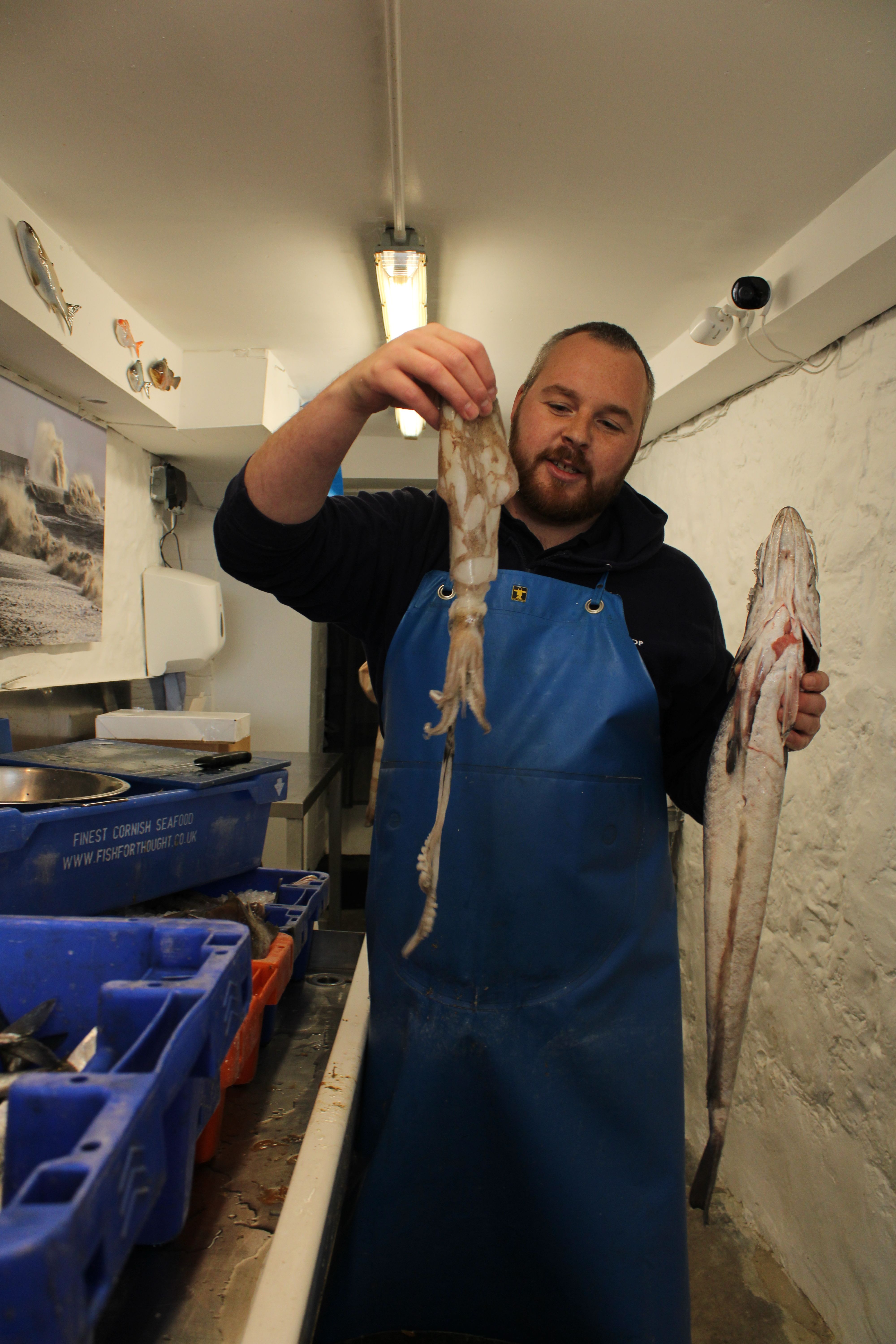
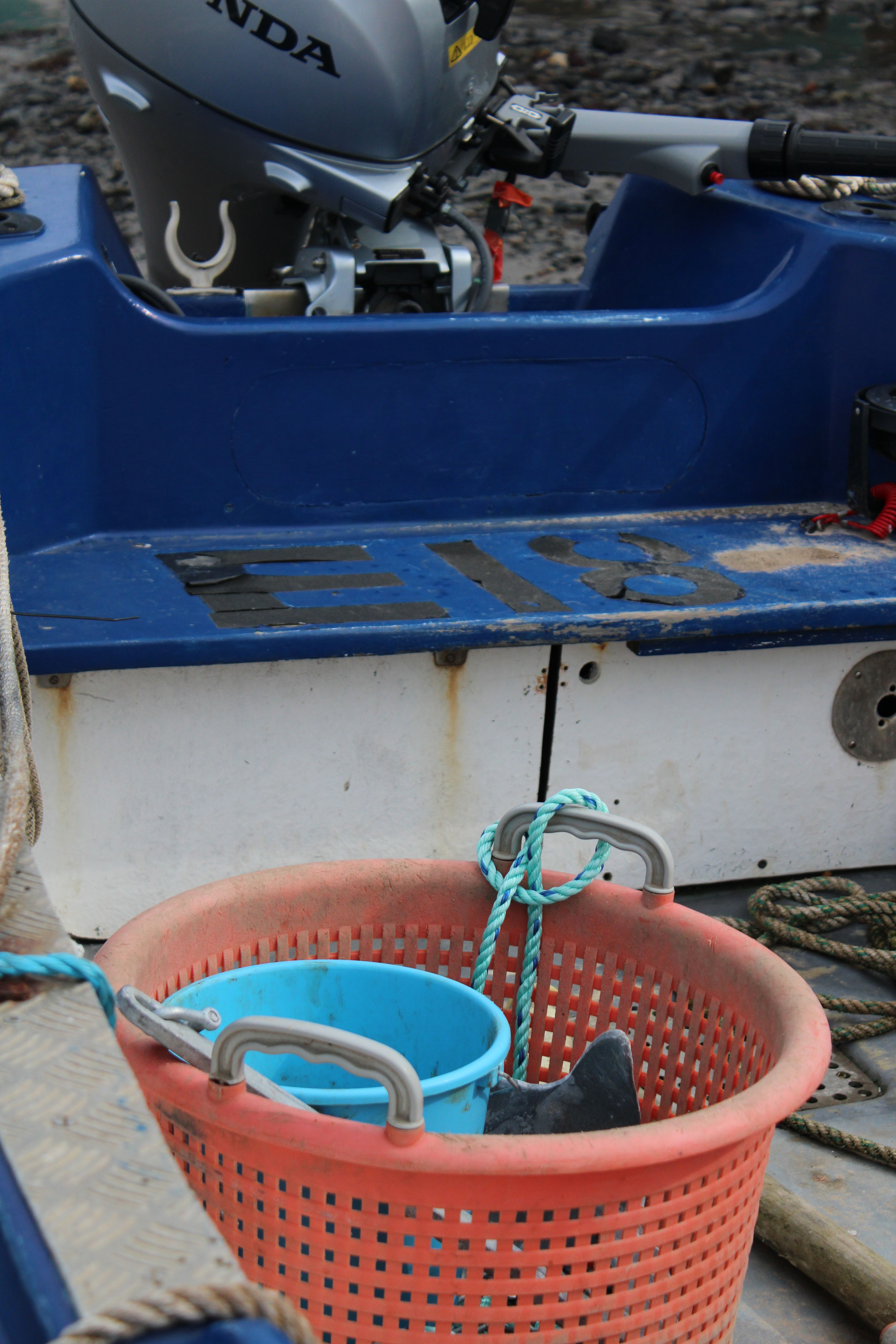
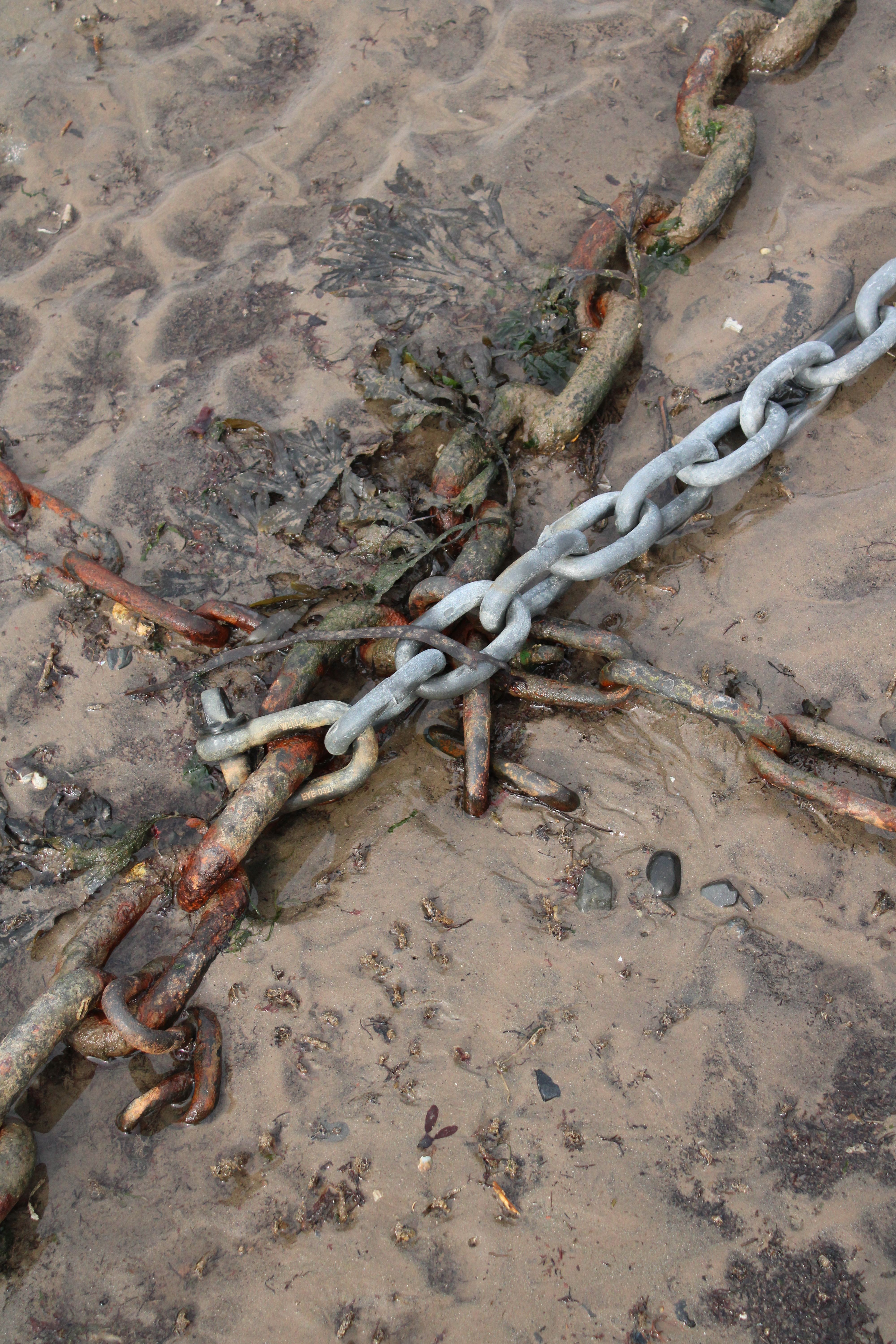
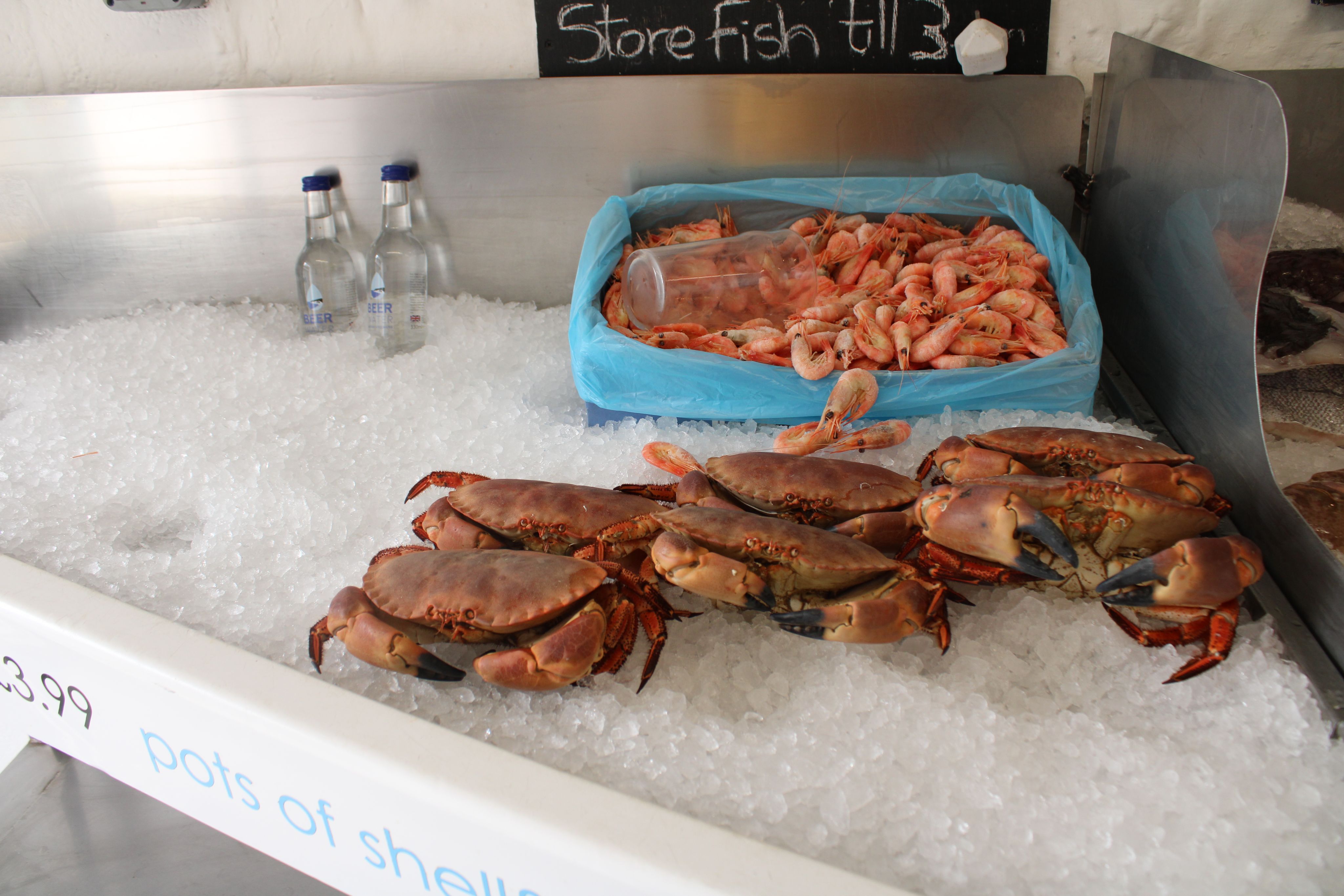



Credits
Text
Jacob Dursley
Pictures
Aman Singh Ghandi, Jacob Dursley
Research
Alfie Lumb
